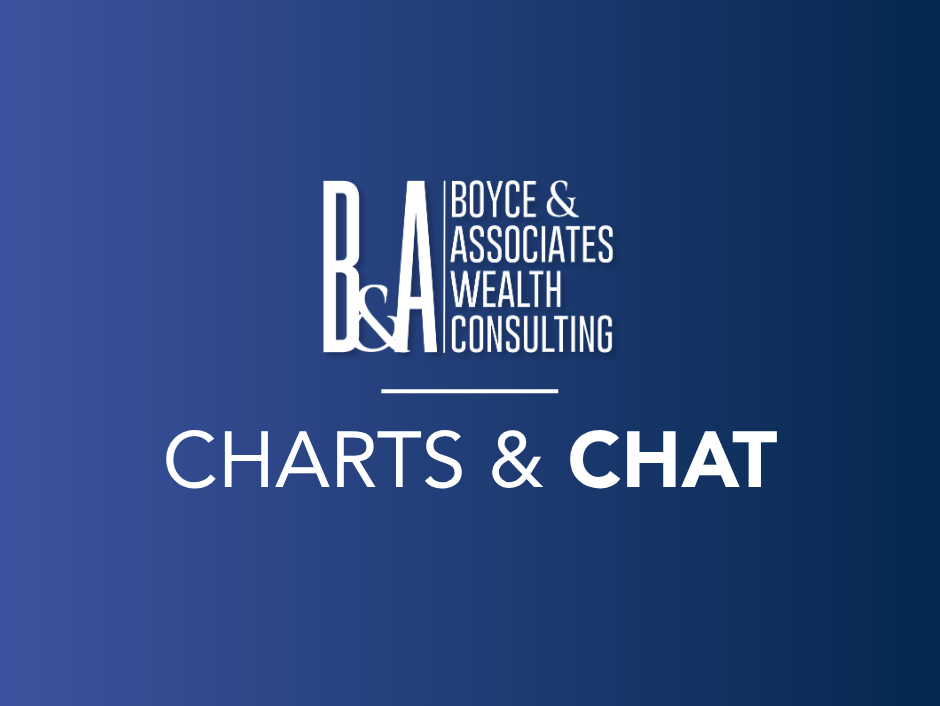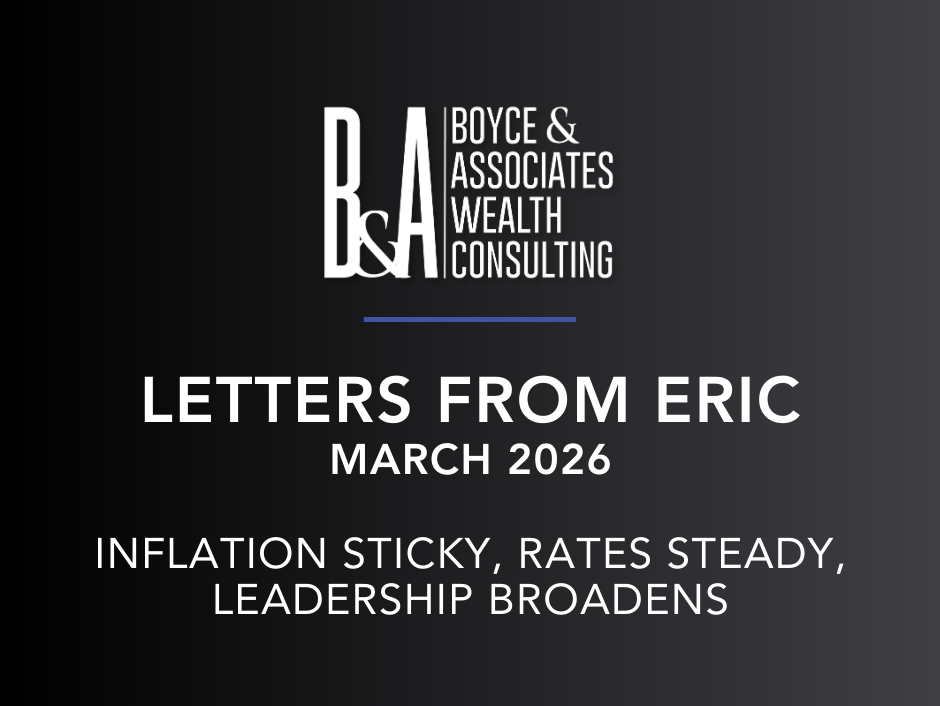10 Reasons Why Couples Fight Over Money
One of the main reasons people end up in divorce court issues is money issues. Money is a very emotional part of life due to what it means for any person or family. However, no matter what anyone says, money can buy some measure of happiness and security. After all, if you have enough money to meet your basic needs, you are better off than a large portion of the world.
As a Financial Planner that also works with couples in Divorce, I find time and again that couples struggle with these same challenges. However, if you can conquer most of these, you have a much better chance of living a life of financial happiness.
-
Differing Money Personalities When two people come together in a relationship, it doesn't mean they have the same money personality. Some people are spenders, and other people are savers. Some people never even give money a thought and like to live minimally, while others love to shop and find bargains. Everyone is different, and it's essential to know how you're different to make allowances for the other person's needs.
-
The Need for Control Some of us have more controlling personalities than others. We like to oversee our financial futures and need help to even think of giving that over to someone else. If you're in a relationship where both people want to control the finances but have different ideas of how that looks, problems can ensue.
-
Dissimilar Communication Styles Sometimes it just comes down to how you communicate about money. For example, suppose it makes you emotional. In that case, you may seem defensive, and when one person is defensive, it can make the other person also get defensive. Thus, a conflict arises and continues due to misunderstandings.
-
Varied Money Histories How your parents were about money significantly impacts what you think of money. For example, suppose money was a problem growing up between your parents. In that case, it could throw off your relationship with money in a way that causes problems. Are you repeating what your parents did?
-
Secretive About Money & Spending Suppose one party is often secretive and even lies about how and where they spend money. In that case, it can make it hard to stick to a budget, which can end up causing problems eventually. So if you or your spouse is being secretive about money, this must be dealt with immediately.
-
Different Money Values One person's value is not always another's. Each person values money differently. One person may love fine jewelry, while the other likes saving money and spending on experiences.
-
Conflicting Spending Habits You like to spend money on eating out, and he wants to eat at home, mainly because you're cooking, and the two of you need to see eye to eye about how to spend that money. So it requires a discussion about household responsibilities and how each of you feels so you can find a middle ground where you both compromise.
-
Incompatible Saving Habits If one of you is a good saver and the other can't stick to the budget, this can mess up the savings plans and cause conflicts in the relationship. In this case, the saver needs to understand they can't be miserly, but the spender needs to be more realistic and careful.
-
Income Earning Disparities If one person earns substantially more than the other, it can be challenging to get along, money-wise. One of the best solutions for this situation, if it's realistic in your circumstance, is to let each person pay for bills based on the percentage of total income they earn. Each person must have some money allotted for their own spending needs, even if one person makes far less.
-
Conflicting Ideas About What's Important to Spend On One person likes to decorate the house with new things the other likes buying used ones. One wants to recycle, and the other doesn't. One likes to buy experiences the other would prefer to spend on their home. These problems can arise in any relationship resulting in fights over money.
To avoid these problems, you should talk to a financial planner about the issues. There are also marriage counselors and marriage coaches who can help you deal with these issues in a manner that will make things better for both of you. The earlier you address the problems, the less chance there is for unhappiness and escalation.
About the Author: Lindsey Sharpe is Vice President of Wealth Management and Director of Divorce Financial Planning with BKA Wealth Consulting. Lindsey works with Individual and Business clients to help them develop financial and retirement plans. For clients facing divorce, Lindsey works with them and their attorneys to develop equitable settlements. Lindsey is a Certified Divorce Financial Analyst (CDFA) and an Accredited Asset Management Specialist (AAMS). She is also a Certified Financial Planner (CFP) candidate.










